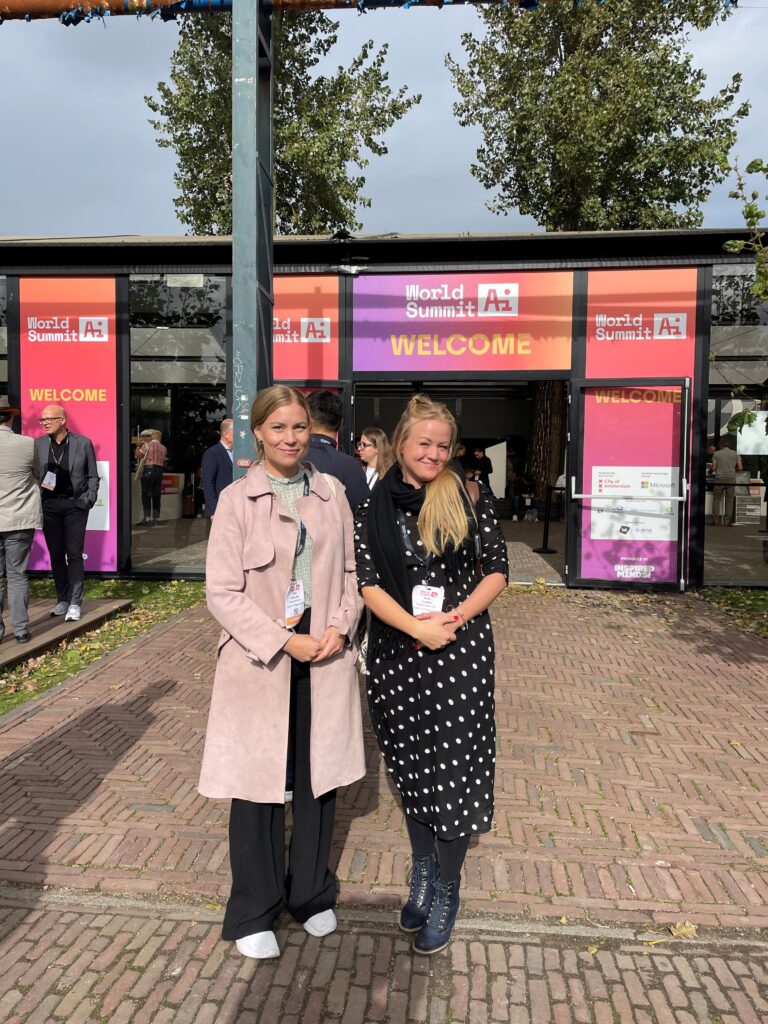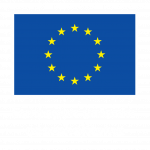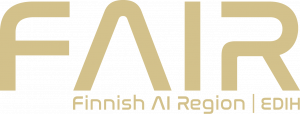
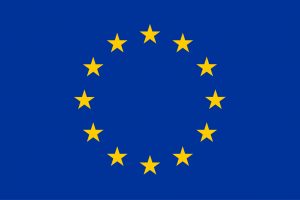
A world shaped by artificial intelligence - are we ready for it? FAIR's AI-greetings from the Netherlands
Artificial intelligence creates new opportunities every day, delivering undeniable efficiency, savings, and endless innovations for the business world – but what is the price we pay for progress? The ethical questions, regulations, and shared ground rules associated with AI are becoming increasingly difficult to outline and manage. These and many other pressing questions were also discussed at the World AI Summit held in the Netherlands.
Anna Lunden, 2.12.2024
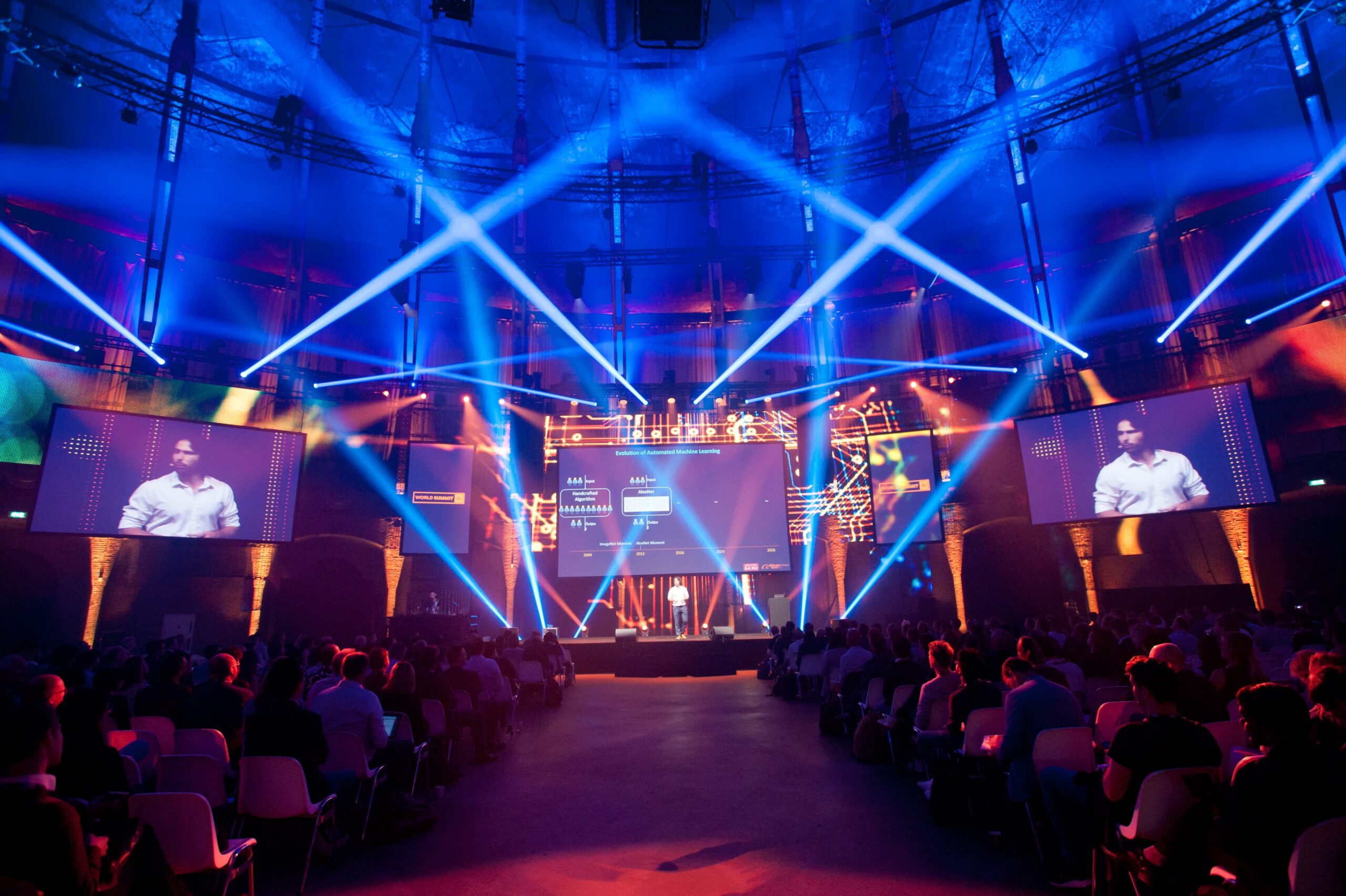

What connects democracy, business, and society? Art, human relationships, and tech giants like Apple and Microsoft, or global institutions like the European Union, the UN, and the World Bank? Change, which shapes and shakes every sector and corner of society – change called artificial intelligence. FAIR took part in the World AI Summit held in Amsterdam in October, where nearly 10,000 professionals gathered to discuss AI and its impacts. FAIR’s role is to consider the growing role of AI in society and ask – is it us people, or rather AI which will lead the change in the global world.
According to FAIR project manager Solja Sulkunen, besides developing technical AI solutions, it is crucial to bring people together to reflect on AI’s societal impacts, especially in the era of generative AI.
— It is important to consider how to achieve inclusivity and how we can help make structures visible. We want AI development to be based on smart decisions, taking into account both the centralization and decentralization of deployment of AI as well as use of AI generated content, she reflected while attending the event.
Usage Dictates Responsibility – for both States and Individuals
It quickly became clear at the event that the development and deployment of AI are progressing at breakneck speed, making it nearly impossible to keep up with all its applications. In just the past year alone, AI use in businesses has doubled globally. According to studies, as much as 65 percent of companies today are using generative AI in their operations.
Broad discussions were held at the AI Summit about how AI changes the nature of democracy, politics, and misinformation. The recent U.S. presidential elections were cited as an example, where misinformation spread, and issues arose in tallying the results. Sometimes it was difficult to determine which information was created by real people, what was generated by AI to influence opinions, or what was targeted “news” created by algorithms for individuals.
In just the past year alone, AI use in businesses has doubled globally.
Since AI evolves in line with advancements in language models, software, and data processing, it is worth asking who has the right and the capability to steer software development in the desired direction. The event also included extensive discussions about the European Union’s AI Act, the world’s first comprehensive international AI regulation. The act aims to ensure and strengthen citizens’ fundamental rights when utilizing AI technologies. At the same time, it bans any AI systems deemed a threat to people’s safety, livelihoods, and rights.
Identifying Risks and Information Gaps
Act.AI.Now’s CEO and founder Jeannette Gorzala, who has been involved in shaping the EU’s AI Act, emphasized individual responsibility in her speech at the conference. She stated that the AI Act is effective in classifying and regulating AI use based on risk levels, but as usage increases, users’ own responsibility must not be overlooked.
She also stressed that while governments must focus on identifying risks and potential security vulnerabilities, businesses must also play a role in creating shared rules. Gorzala reminded everyone that AI produces text, not facts. Therefore, it is up to individuals to develop their media literacy and keep pace with ongoing developments.
AI produces text, not facts.
At the core of everything are accountability, transparency, and reliability. The end user must understand how new technologies work and assess their applicability to their own needs. At the same time, organizations must encourage their employees to think critically and be motivated to analytically evaluate the information produced by AI while considering the risks.
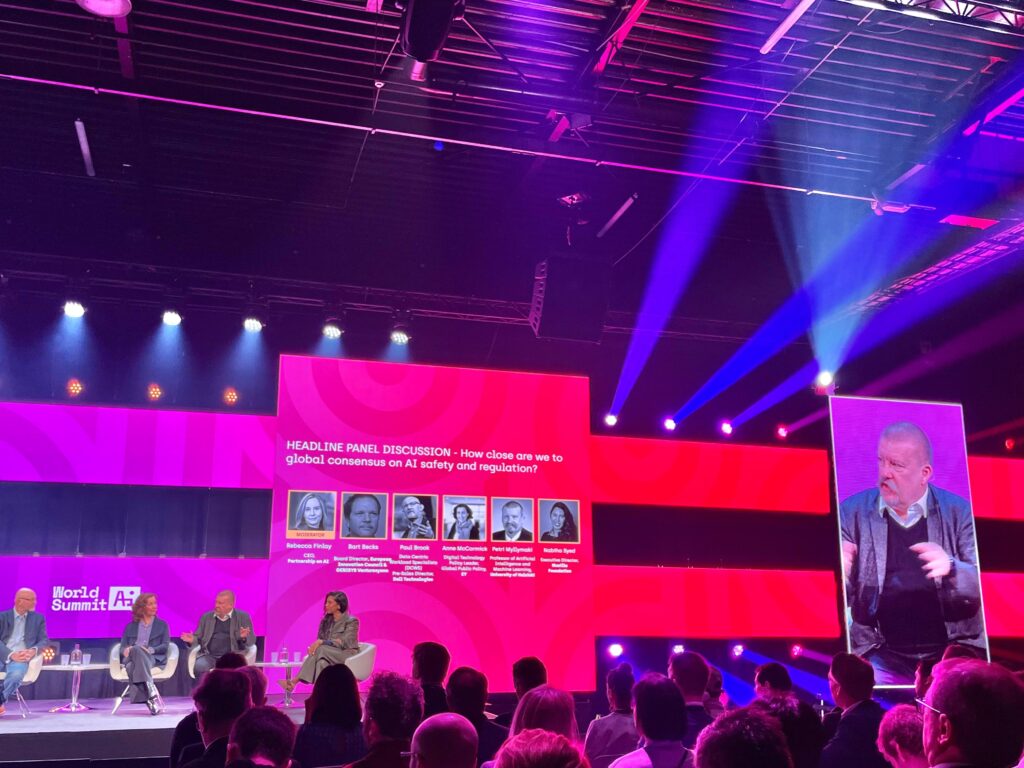
"The Game Has Only Just Begun"
Shared responsibility was also a topic for Petri Myllymäki, a professor of AI and machine learning at the University of Helsinki, who was one of the panelists at the World Summit AI event. Experts discussed the broader risks of general-purpose AI development, the need for dialogue, the rise of AI nationalism, and how to achieve a global consensus on the safe use of AI.
One of the biggest unresolved questions is: who gets to decide on AI use, and who is included in these globally significant negotiations on AI regulation? If for example only the European Union, the “global north,” or countries capable of significant investments in technology development are involved, does the rest of the world have a say in the shared principles of regulation and usage? Different cultures and contexts also shape the development of language models and software – what works in Europe might not work in Asia.
Both the private and public sectors must take responsibility for regulation.
According to Myllymäki, who is also a member of the UN’s AI advisory group, it is clear, that everyone wants AI solutions to be reliable and regulated, but such an aim cannot be achieved simply by pushing a button.
— Both the private and public sectors must take responsibility for regulation and work actively towards a common goal. Now is the time for daily work, as AI is developing faster than we can even comprehend – the game has only just begun, concluded Myllymäki, who also serves as the deputy director of Finland’s AI Center FCAI, which collaborates with FAIR.
The panel also discussed the arrival of a new era of innovation. As AI becomes an increasingly integral part of our daily lives, it not only shapes technological development but also influences how our societies and cultures evolve. Paul Brook, EMEA DCWS Director for Presales at Dell Technologies, remarked during the discussion that responding to this challenge requires not just a village but the entire world, collectively raising and considering the direction of AI.
In the massive flow of innovation, it is important to maintain a balance between leveraging and controlling technology. It is about approaches we cannot yet fully predict. AI creates significant opportunities but also unprecedented challenges that demand proactive adaptation and ethical solutions urgently.
AI agents at your service
In addition to risks, the positive aspects of development were naturally also topics of discussion as top experts and researchers opened AI’s potential to the audience. Attention was directed towards AI agents, AI programs that can independently perform tasks, make decisions, and interact with their environment to achieve set goals.
With AI agents, AI not only responds and creates new content on request, but it is also programmed to independently anticipate, for example, human behavior, changes in health conditions, construction site risks, natural disasters, or respond to humanitarian crises. AI facilitates risk prediction, resource allocation, response, and decision-making, thus enhancing both societal and business activities at local and international levels.
— It has been increasingly interesting to notice that in all major AI events during the fall of 2024, recurring topics have included multimodal search and AI agents, which also give SMEs a clearer view of the future,” mentioned project manager Sulkunen after the event.
